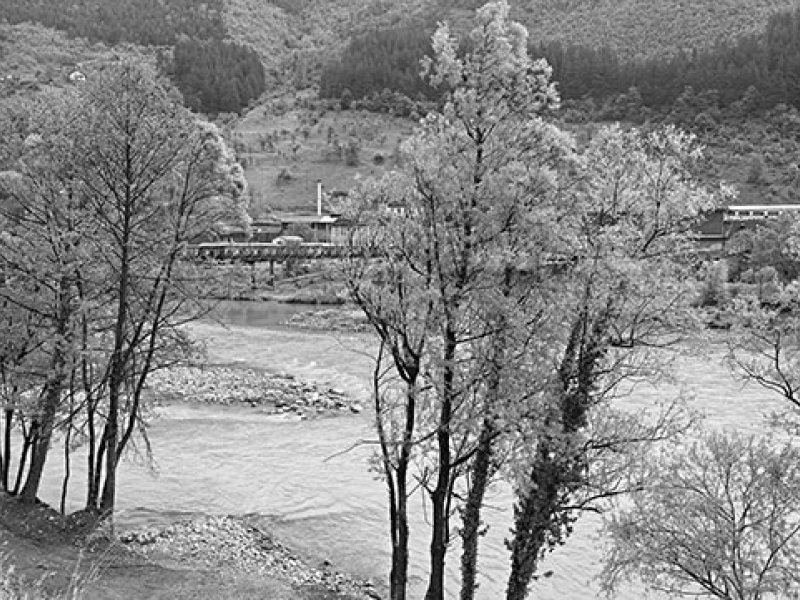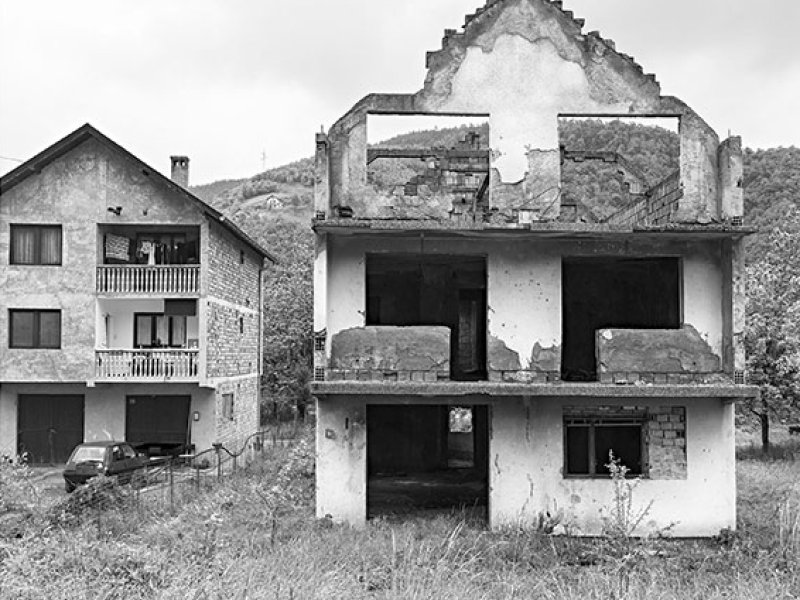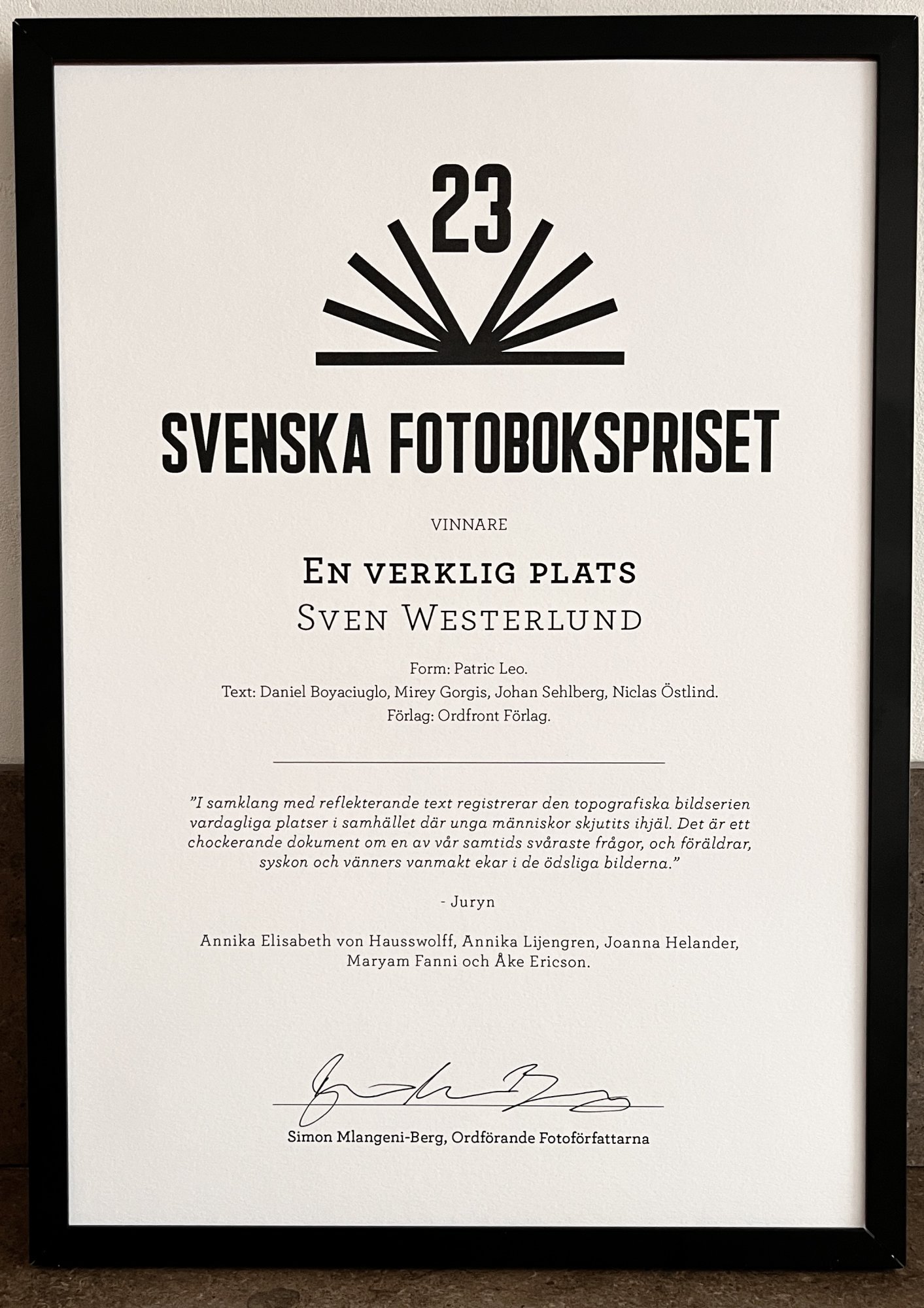
Vinnare Svenska Fotobokspriset 2023!
Efter nytt beslut från SFF
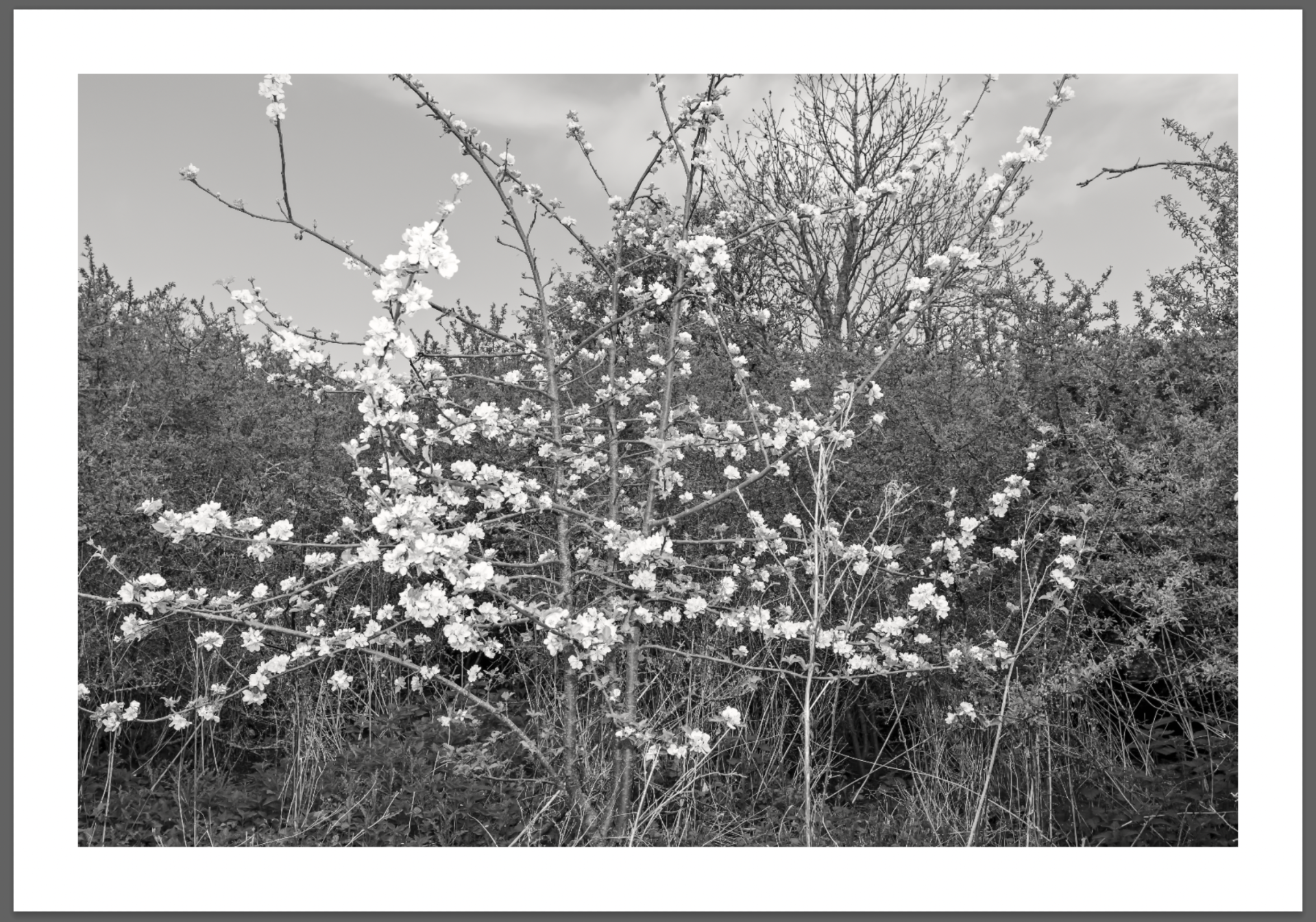
SEP 2024
Inköp av Region Stockholm
Tre st fotografier inköpta till S:t Görans Psykiatriska Avdelning, september 2024
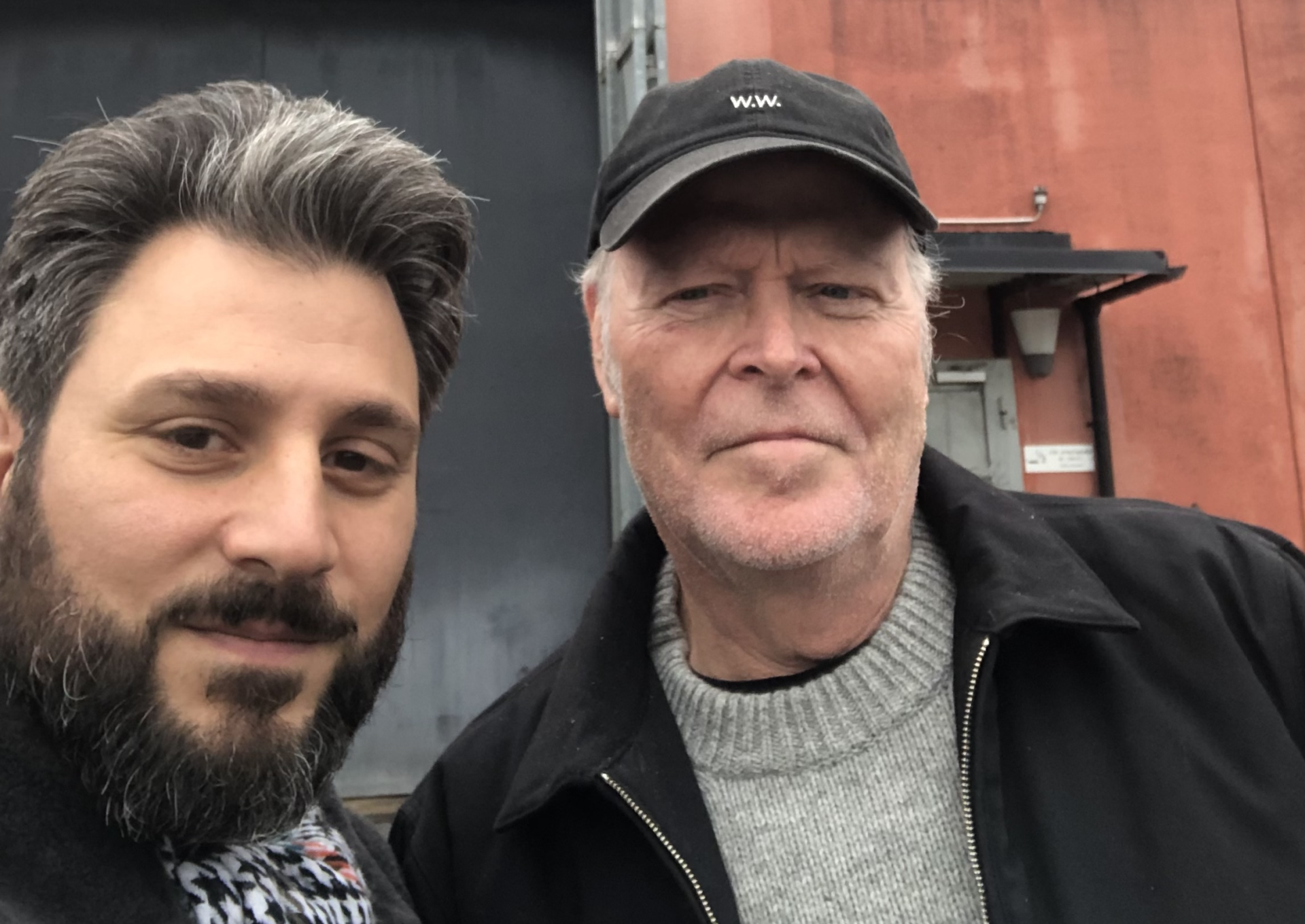
30 NOV 2023
Kriminalvårdsantalten Österåker
Jag och Daniel Boyaciuglo föreläste om projektet/boken
En verklig plats, för 30 intagna. Otroligt speciellt!
"Är det förvånande att fängelser liknar fabriker, skolor, baracker, sjukhus, som alla liknar fängelser?"
Michel Foucault, ur Övervakning och straff 1975
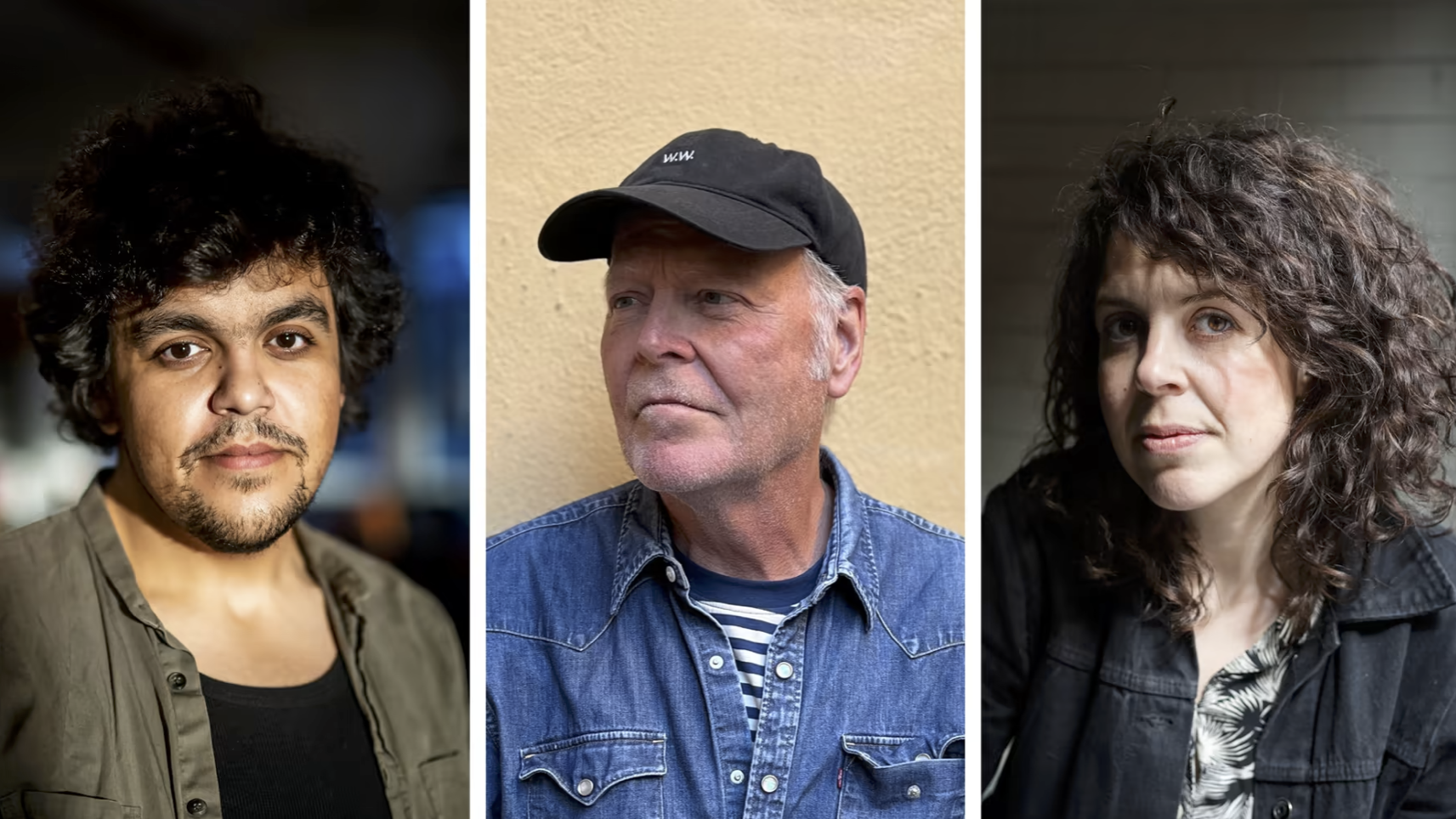
17 JUNI 2023
Arbetets museums Dokumentärfotopris 2023!
Alexander Mahmoud, Julia Lindemalm och Sven Westerlund tar hem Arbetets museums Dokumentärfotopris 2023. ”En hyllning till tre skickliga fotografer och deras skildringar av vardagens Sverige”, säger Johanna Haverlind, utställningschef.
Läs mer
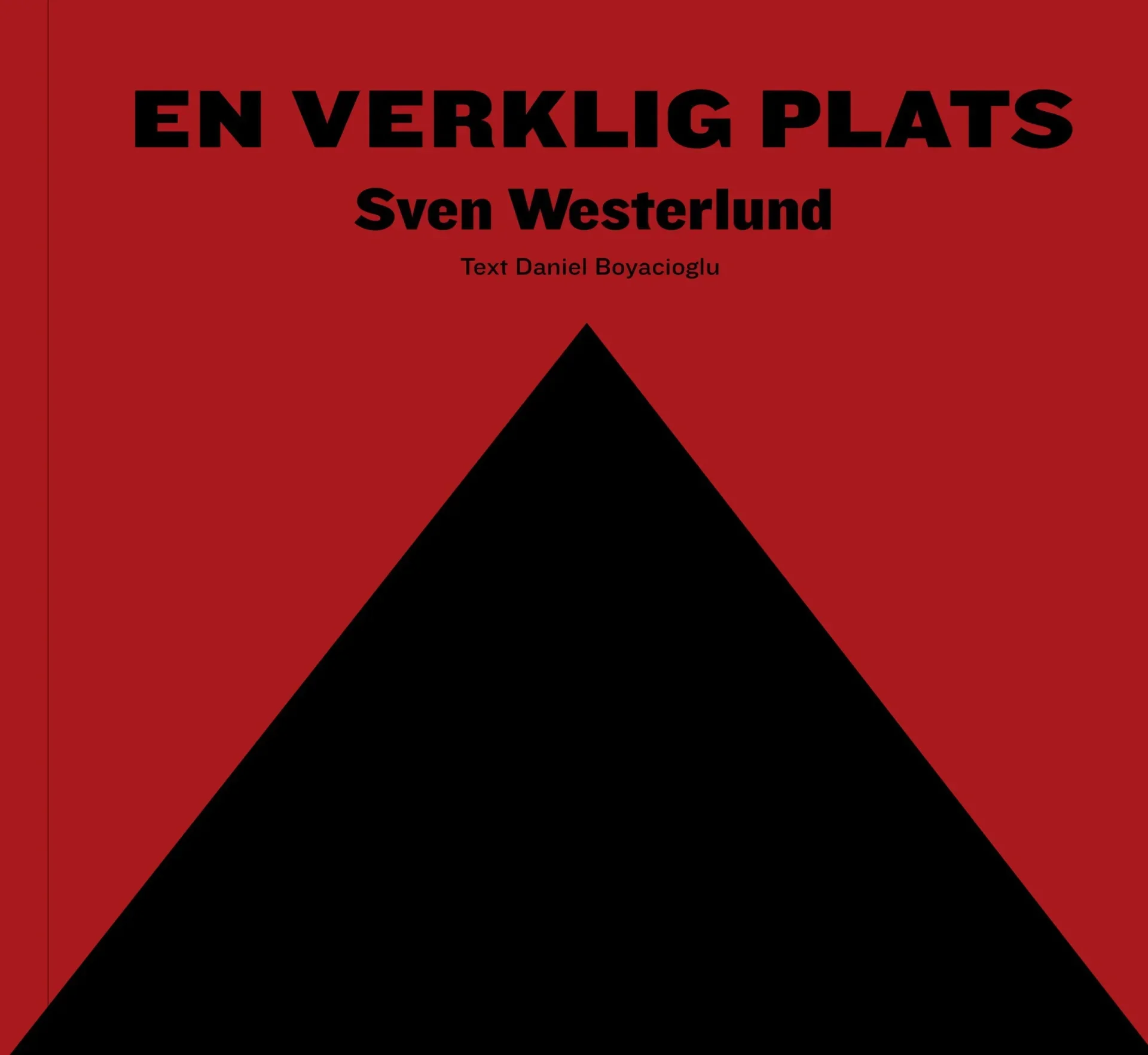
25 OKT 2022
EN VERKLIG PLATS
EN AV FEM NOMINERADE TILL SVENSKA FOTOBOKSPRISET 2023!!
Ordfront Förlag
Foto och idé: Sven Westerlund
Text: Daniel Boyaciuglo
Förord: Mirey Gorgis & Johan Sehlberg
Efterord: Niclas Östlind
Design: Patric Leo
Format: 295 x 260 mm
Antal sidor: 105
Tryck: Narayana Press, Danmark
ISBN: 978-91-7775-2844
Nominerad till Svenska Fotobokspriset 2023 !!
vimeo.com/804066091
Pris: 275 kr + ev. frakt 66 kr
Betala med Swish till 0708-120530
Skicka ett mejl till: info@svenwesterlund.se med din adress

Maj 2021
Statens Konstråds inköp till "Coronasamlingen"
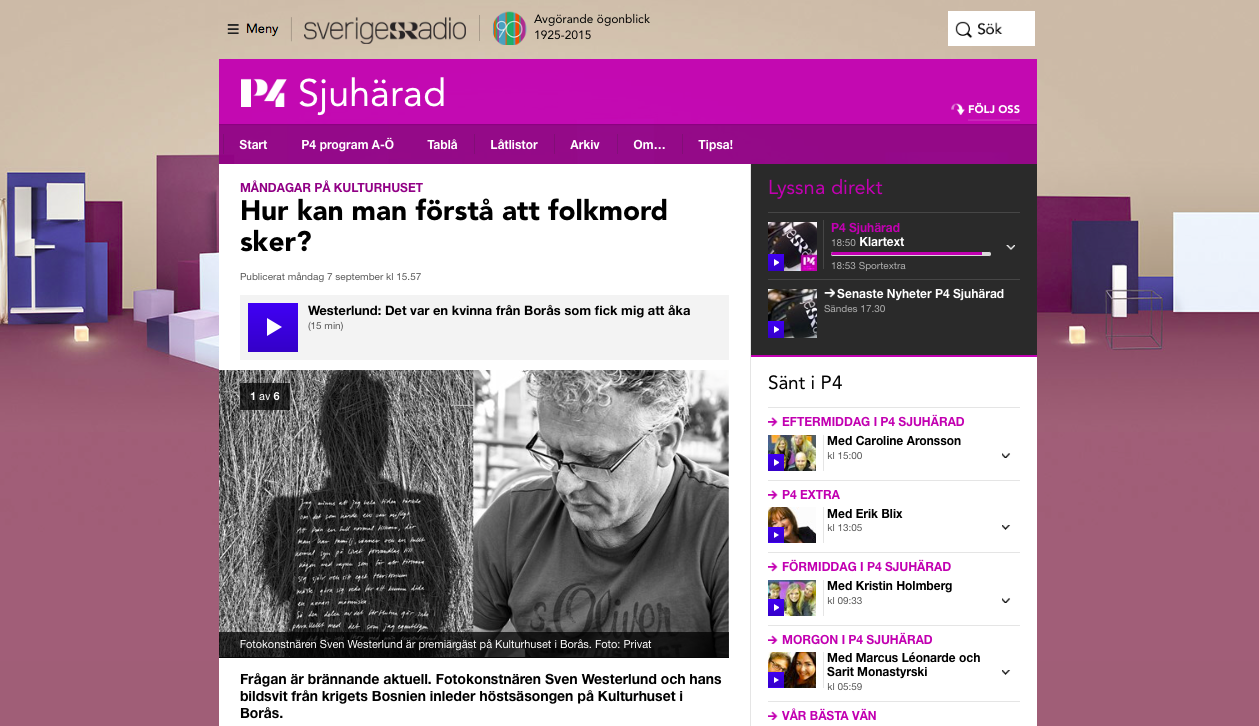
12 oktober 2015
Kulturhuset Borås och Radio P4 Sjuhärad
Frågan är brännande aktuell. Fotokonstnären Sven Westerlund och hans bildsvit från krigets Bosnien inleder höstsäsongen på Kulturhuset i Borås.
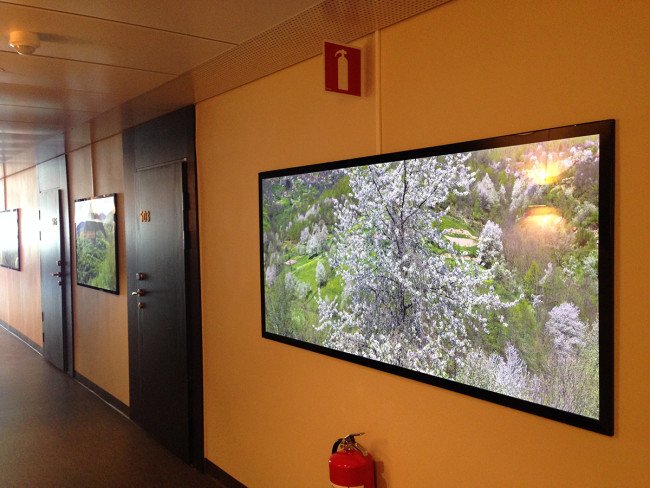
10 oktober 2015
LED ljuslådor nominerad till Miljöpriset!
Min lösning med LED ljuslådor för Patienthotellet på SöS,
har blivit nominerad till Landstingets Miljöpris 2015
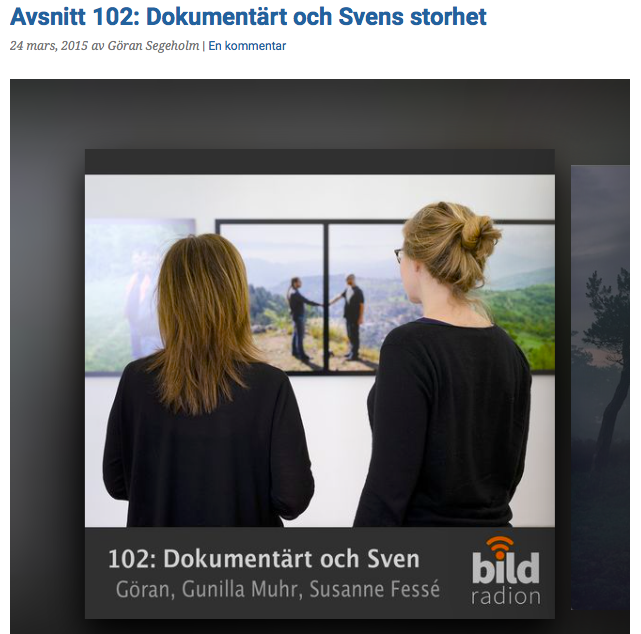
20 mars 2015
Sven's Storhet :)
http://bildradion.se/2015/03/24/avsnitt-101-dokumentart-och-svens-storhet/
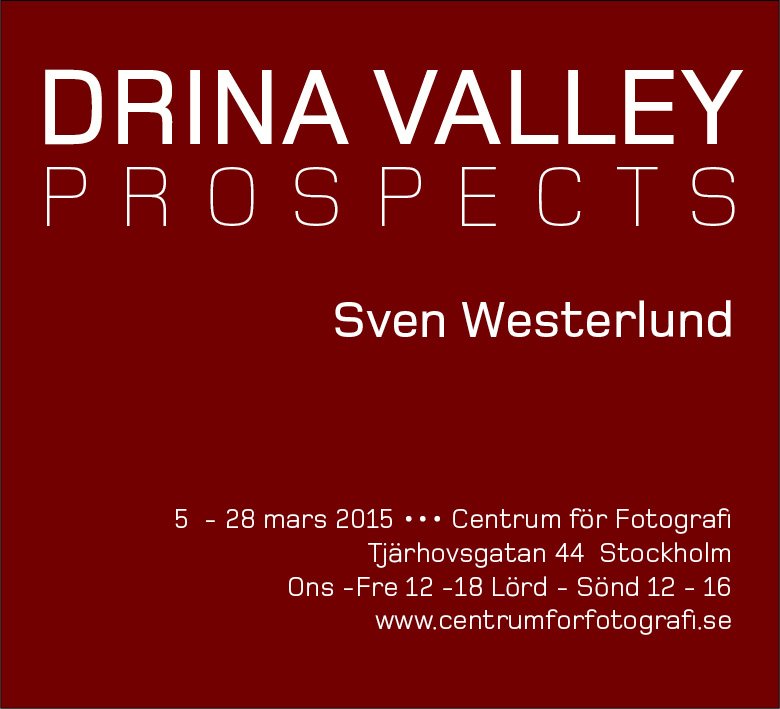
22 februari 2015
Drina Valley Prospects, komplett, CFF 5 mars 2015
Drina Valley Prospects by Sven Westerlund
Date: 5/3 - 29/3, 2015
Location: CFF - Centre for Photography, Tjärhovsg 44 in Stockholm
For nearly four years, Sven Westerlund traveled back and forth to the town of Gorazde on the River Drina in Bosnia-Herzegovina.
Based on his thoughts about what happened during the war in Bosnia and Herzegovina in the 1990s, he has visited places, talked to people and tried to understand. But how is it possible for a photographer and artist to approach events as those in former Yugoslavia? How is it possible to depict elaborate violence and genocide, or is it possible at all?
2015 is a memorable year of the events in Bosnia-Herzegovina as it is 20 years since the war ended and the Srebrenica genocide took place. For this reason questions regarding the events are again brought back to life. How can, for example, photography be used in the depiction of war and crises? What questions regarding ethics and aesthetics are actualized when it comes to photographic imaging and portrayal. And, can we in Sweden at all understand experiences as those from former Yugoslavia, since we generally do not have first hand experiences or memories of war, although we se pictures from war around the world on a daily bases in the media.
Many of those who fled the war in Bosnia-Herzegovina, and the neighboring countries, live their lives today in various places in the world. They had to leave their homes and lives head over heels in the belief that they would soon be back. That was not generally the case, a sudden breakup has turned into a state of an ongoing escape, which in some cases seems to last until today. Life had to continue somewhere else, as for instance in Sweden. With a backdrop in narratives as those, Sven Westerlund has with his project established a connection between then and now, between a lost place and our Swedish present life.
He has through this ongoing dialogue created opportunities for those who were there at the time to reflect their experiences in the artistic portrayal, and for the rest of us to reflect our own time. With the benefit of a historical hindsight which let us know how xenophobic tendencies can develop, the exhibition reminds us of the stand for diversity, solidarity and democracy we need to take every day.
Director and curator
Gunilla Muhr
The exhibition is part of Tempo Documentary Festival. CFF is supported by the Arts Council, the Cultural Department City of Stockholm, Nordic Culture Fund and the Culture Fund for Sweden and Finland.
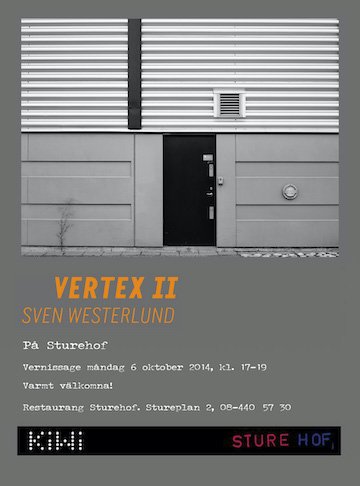
3 oktober 2014
Mera Sturehof, 6 okt 2014
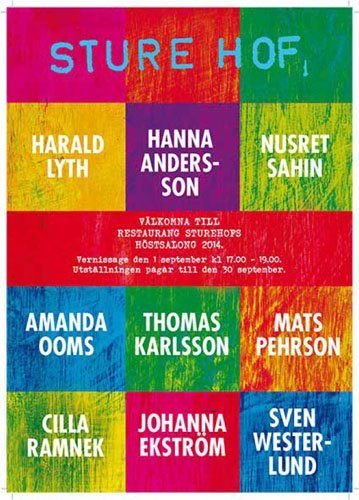
6 augusti 2014
Höstsalong på Sturehof den 1 sep!
8 februari 2014
Drina Valley Prospects
Jag åkte till Bosnien. Till Bosnien-Hercegovina och staden Gorazde vid floden Drina. Ända sedan kriget där på 90-talet, har jag fortfarande djupa grubblerier om hur alla dessa illdåd och skoningslösa våld kunde ske.
Hur tänker människor där idag? Finns alla dessa sår kvar? Kan man försonas? Hur ser det ut? Kan jag berätta deras historia?
Förstår jag?
Så här skrev Susan Sontag i sin essä ”Regarding the Pain of Others”:
These dead are supremely uninterested in the living: in those who took their lives; in witnesses - and in us. Why should they seek our gaze? What would they have to say to us? ”We” - this ”we” is everyone who has never experienced anything like what they went through - don't understand. We don't get it. We truly can't imagine what it was like. We can't imagine how dreadful, how terrifying war is; and how normal it becomes. Can't understand, can't imagine. That's what every soldier, and every journalist and aid worker
and independent observer who has put in time under fire, and had the luck to elude the death that struck down others nearby, stubbornly feels. And they are right.
Utställningen på BlackDoor Gallery i Örebro, är den första delen av Drina Valley Prospects: landskapet
Ett stort tack till Vildana Aganovic, Abduselam "Pelam" Sijercic och Dzevad "Oscar" Adzem.

7 februari 2014
Mellan verkligheter: Fotografi i Sverige 1970-2000
Göteborgs konstmuseum och Hasselblad Center
Från svartvita politiska protestbilder till konceptuell färgfotografi i storformat. I en omfattande utställning tas för första gången ett samlat grepp kring Sveriges fotografiska historia under perioden 1970-2000. Publiken får möta både klassiska och tidigare aldrig visade bilder av fler än 50 fotografer från olika generationer.
Mellan verkligheter. Fotografi i Sverige 1970–2000 undersöker det fotografiska landskapet i Sverige under tre decennier. Det är en för fotografin händelserik och i denna omfattning hittills outforskad period, där en av de tydligaste tendenserna är utvecklingen från politiskt präglad dokumentärfotografi till fotografiets idag framträdande roll i samtidskonst och masskultur. Utställningen fyller en betydande lucka i förståelsen av fotografins närhistoria och är ett unikt samarbete mellan Göteborgs universitet, Göteborgs konstmuseum och Hasselbladstiftelsen.
Utställningen rymmer verk av fler än 50 fotografer från olika generationer. Projektet kartlägger och analyserar de olika fotografiska praktiker och uttryck som varit tongivande. På 1970-talet präglades fotografin i stor utsträckning av dokumentära ideal. Under 1980-talet gjorde sig ett mer subjektivt och konstnärligt förhållningssätt gällande och på 1990-talet fick fotografin en framträdande roll i den postmoderna samtidskonsten. Syftet med Mellan verkligheter är också att tränga bakom decennieindelningen och visa hur de olika tendenserna både påverkar varandra och sträcker sig över längre tidsperioder. För att skapa en komplex skildring av historien riktas blicken mot såväl brotten som kontinuiteten inom det fotografiska fältet, och gränsen mellan verkligheterna belyses.
Projektet är initierat av Niclas Östlind, doktorand vid Akademin Valand, som del av hans avhandling Performing History. Avhandlingen läggs fram vid Akademin Valand i Göteborg i juni 2014.
